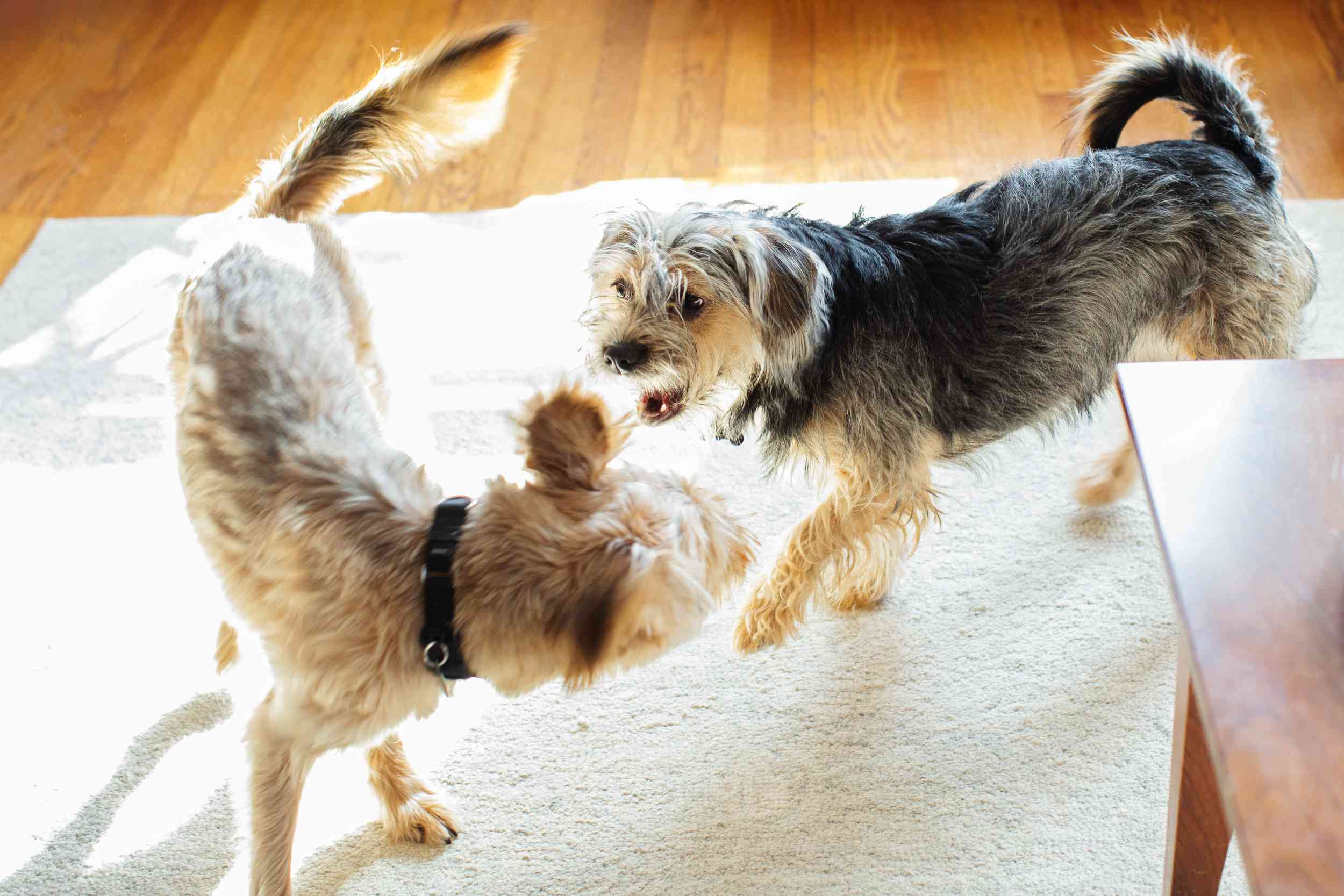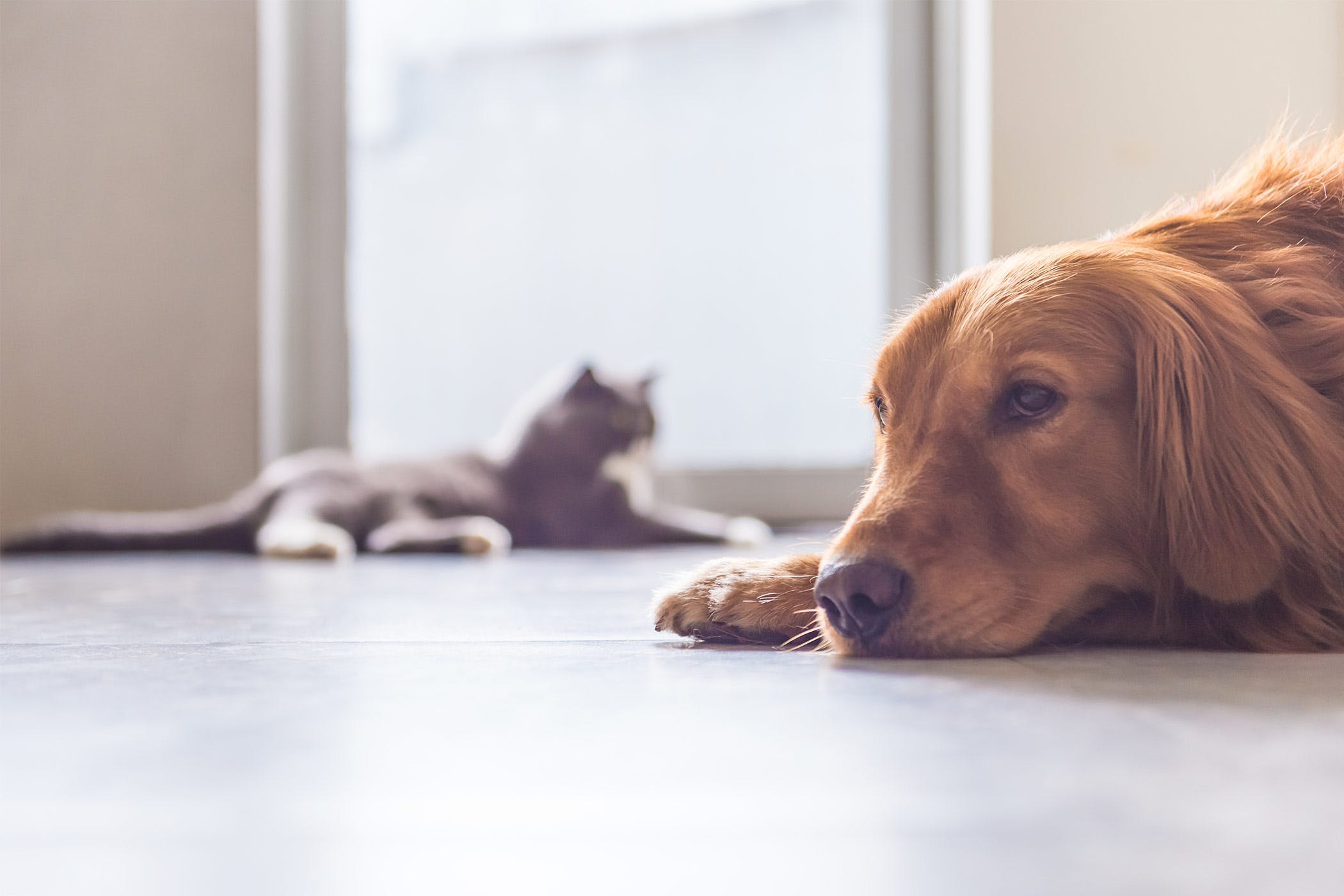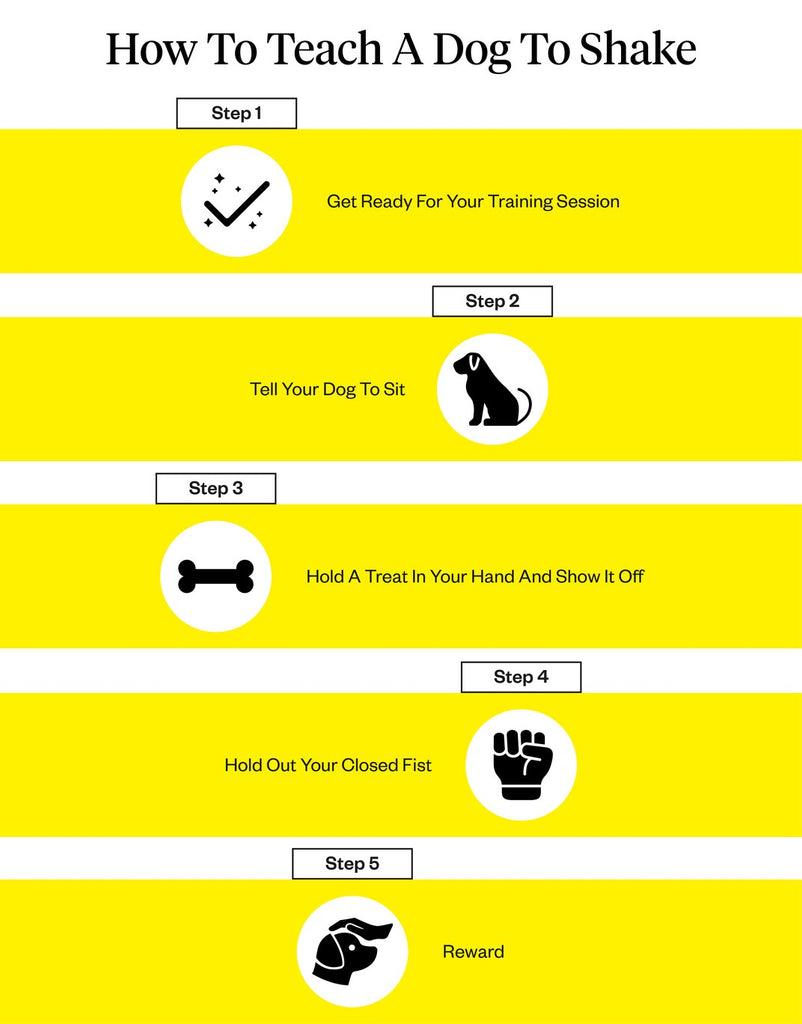
Avoiding traumatic experiences and avoiding any stimuli during a fearful period are all critical to reducing your puppy's fear. These are three methods to help your puppy feel less stressed and increase their confidence. You can avoid making these mistakes by giving your puppy positive reinforcement and using treats to help build his confidence. Learn how to help your fearful puppy overcome his fear. We hope this article helped! Comment below to let us know what worked for your!
Avoid traumatizing experiences
There is no magic solution for scared puppies. You cannot stop your puppy from being afraid. However, you can help them cope with stressful situations. Dogs can develop posttraumatic stress disorder (PTSD), a mental condition that is caused by traumatic experiences. Dogs have the same emotions as humans. Stress can lead to aggression and fear of people. Here are some ways to protect your dog from the effects of PTSD.
First, keep your puppy away from anything that could scare him. Your puppy will be a young pup when he arrives at home. It is not a good idea to let your puppy explore the entire world. He will be more afraid the more he sees. The same goes for traveling. Avoid exposing him at all to new sights and sounds. So, he won’t be afraid when he gets older.
During this time, you can make vet visits fun by praising him for investigating. To create positive associations, you can use treats generously. Dogs learn by association. Negative associations can be made with food. If you want to help your puppy overcome fear, pretend to be a vet and give him fake vaccinations. A fake exam table and a DAP diffuser are great ways to reinforce positive associations. You can also use toys and treats to make crate training fun.
An avoidance response is the most common reaction of a scared puppy during this time. This fear period marks the beginning of 50% of a dog’s temperament. A single frightening event can permanently traumatize a puppy, and cause him to behave badly for the rest of his life. This fear period also happens to coincide with the time when puppies are separated from their mother and sent to new homes. It is important to avoid situations which could scare your puppy in these cases.
Avoid stimulating your puppy's daily routine
Different stimuli will have different responses for dogs. Unknown stimuli can cause anxiety or fear. Dogs stop responding to certain stimuli once they become familiar with them. You should avoid rewarding undesirable behavior with food, treats, and toys. Habituation, another important process, is also important. If there are no consequences associated with a stimulus, your puppy will quickly stop reacting. Another process that dogs go through is localization. This involves attaching to particular places or situations.
Your puppy may be afraid of people in uniforms and wheelchairs. This fear should be avoided. Dogs that are around children or babies may react negatively to this fear. The same goes for puppies who fear strangers. Try to avoid any situation where you'll have to introduce your puppy to a new environment with a new stimulus.
Treats can be used to increase confidence during fear periods.

You may notice that your puppy is afraid to approach new people or situations. This could be a sign of his adolescent fear period. This is when your puppy may be afraid to approach people with large backpacks, dark sunglasses or large bags. His confidence and security can be improved by training him in counterconditioning. You can help your dog overcome his fear by making it fun to be around all the people and situations he will encounter.
Dogs who are herding- or protective-oriented have a high fear threshold. These breeds will require more positive socialization as they grow up. Barking and growling from dogs can make neighbors or landscapers nervous. It may even attract bad men. But fear isn't necessarily a sign of aggression; it's just a natural fear response.
When training your dog, you must keep in mind that this is a long-term process. Be patient, consistent, and don't allow your emotions to overshadow your efforts. Fear shouldn't be a hindrance to your efforts. You can seek professional help if your dog isn't sure where to start. You don't want your pet to feel like it's too hard. Treats are a good option if you don’t have time to address this problem.
It is possible to teach your dog that you are a source for treats when it encounters frightening things. Your dog may learn by receiving treats in toys and puzzles. Treats are a great way to boost confidence in your puppy's fearful period.
You have to deal with a scared dog
One of the top reasons that a puppy is afraid is lack of socialisation. Many puppies go through a stage of shyness in their teens, when they are more comfortable with unfamiliar people and things. Although fear-related behaviors will usually disappear as the dog gets older, some dogs may develop more difficult behaviors. Below are some strategies to help scared puppies. You can use a combination of positive reinforcement and patient treatment to help your puppy overcome his fears and learn to enjoy the company of other dogs and people.
Introduce your puppy with other dogs. Even if your puppy is timid around public places, socializing will help him to feel more confident and comfortable in different environments. You should avoid dog parks with enclosed enclosures. These can be chaotic and loud, which can make it difficult for your puppy to feel at home. Instead, consider socializing with one or two dogs at a time at a dog-friendly recreation area.

Try not to panic. A scared puppy may be exhibiting different behaviors to communicate their fear. You might hear it growl, snap, bite, flatten its ears or growl. If you notice your puppy acting irrationally, seek professional help to understand the reasons behind his fear-based behavior. You may find yourself back in the same position again. If this happens, you'll feel much safer. You should not allow your dog to become aggressive.
Taking care of a puppy that is scared can be challenging, but it is important to understand that this phase is completely normal. Puppy brains develop quickly and can go through many fear phases before they reach their first birthday. Most puppies only experience these phases once or twice before they reach one years. Some pups may even go through up to four. If you don't want your puppy to get through all four stages of fear, you can start a training program.
FAQ
How much money should I spend on a pet?
Budget between $200-$300 per calendar month.
It all depends on where you are located. In New York City, for example, you would probably spend around $350 per month.
Rural areas may require you to spend only $100 per month.
You should remember to buy high-quality items like collars, leashes, toys, and the like.
A crate is a great investment for your pet. It will protect your pet during transport.
What are the responsibilities of a pet owner?
Pet owners must unconditionally love their pet. They should provide for their basic necessities such as shelter, water, food, and clothing.
They must teach them proper behavior. It is important to take care of your pet and not neglect it.
He should be responsible enough to clean up after it.
What do I do if my dog bites another person?
You should first check that the animal you are being attacked is not rabid. If that is not possible, get help. Do not try to resolve the situation on your own, as you may be seriously injured.
If the pet is not aggressive but bites, it should be taken to a veterinary hospital. Your vet will examine the animal and decide if any additional treatment is required.
Most cases will require rabies shots. However, you should never administer these yourself. Only a qualified person should do so.
Statistics
- For example, if your policy has a 90% reimbursement rate and you've already met your deductible, your insurer would pay you 90% of the amount you paid the vet, as long as you're still below the coverage limits of your policy. (usnews.com)
- A 5% affiliation discount may apply to individuals who belong to select military, law enforcement, and service animal training organizations that have a relationship with Nationwide. (usnews.com)
- In fact, according to ASPCA, first-year expenses can sum up to nearly $2,000. (petplay.com)
- * Monthly costs are for a 1-year-old female mixed-breed dog and a male domestic shorthair cat less than a year old, respectively, in excellent health residing in Texas, with a $500 annual deductible, $5,000 annual benefit limit, and 90% reimbursement rate. (usnews.com)
- It's among a relatively few companies that provide policies with a full (100%) coverage option, meaning you are not responsible for any co-payment of bills. (money.com)
External Links
How To
How to train a cat for a pet
You need to first learn about the type of cat you want to train. Cats have complex brains. Cats are intelligent, emotional creatures. To ensure your cat behaves well, you need to consider his/her personality. You need to be able to manage your cat properly.
It is important that cats remain independent. It means that they do not like to be told "no." So if you tell them "no," they may get angry at you. This is why you should never punish your cat for doing something wrong. You can love your cat, but not as a human being.
You can help your cat if you believe they are having problems. Talk calmly to your cat. You should not yell at them/her. Don't make your cat feel bad by yelling at him/her. Your cat cannot be forced to eat. Sometimes, he/she will refuse to eat. When this happens, you should give him/her some treats. You should not give them too many treats as it could lead to overeating.
It is important to keep your cat clean. Each day you should thoroughly clean your cat. To clean dirt and dust off your cat, you can use a wet cloth. Check to make sure your cat is free of fleas. Flea bites can lead to skin irritation and allergic reactions. Flea bites can cause severe skin irritation so you need to use a flea shampoo.
Cats are social animals. Cats enjoy being with other people. It is important that you spend quality time with your pet cat. You can play with your cat, give him/her food, cuddle and brush him/her. These activities will make you cat happy.
It is important to start training your cat early if you want to be successful. You should start training your kitten as early as possible. Your kitten should be around three months old to start training him/her. Your cat will be fully grown by this time and ready to learn new things.
When you show your cat tricks you must explain every step. You should first show your cat the chair before you teach it to sit. You should then say "sit" to your cat and reward it/her with a treat. Repeat these steps until your cat understands what you mean.
Remember that cats are intelligent. Cats are intelligent and can learn how to accomplish tasks. However, they still require patience and persistence. You can't expect your cat or dog to be able instantly to master a task. Allow your cat to practice many times before giving up.
Keep in mind that cats come from the wild. Cats are curious and playful by nature. Your cat might knock things over if he/she is allowed to run free. To prevent accidents, place your cat in a secure area that won't cause injury to him/herself.